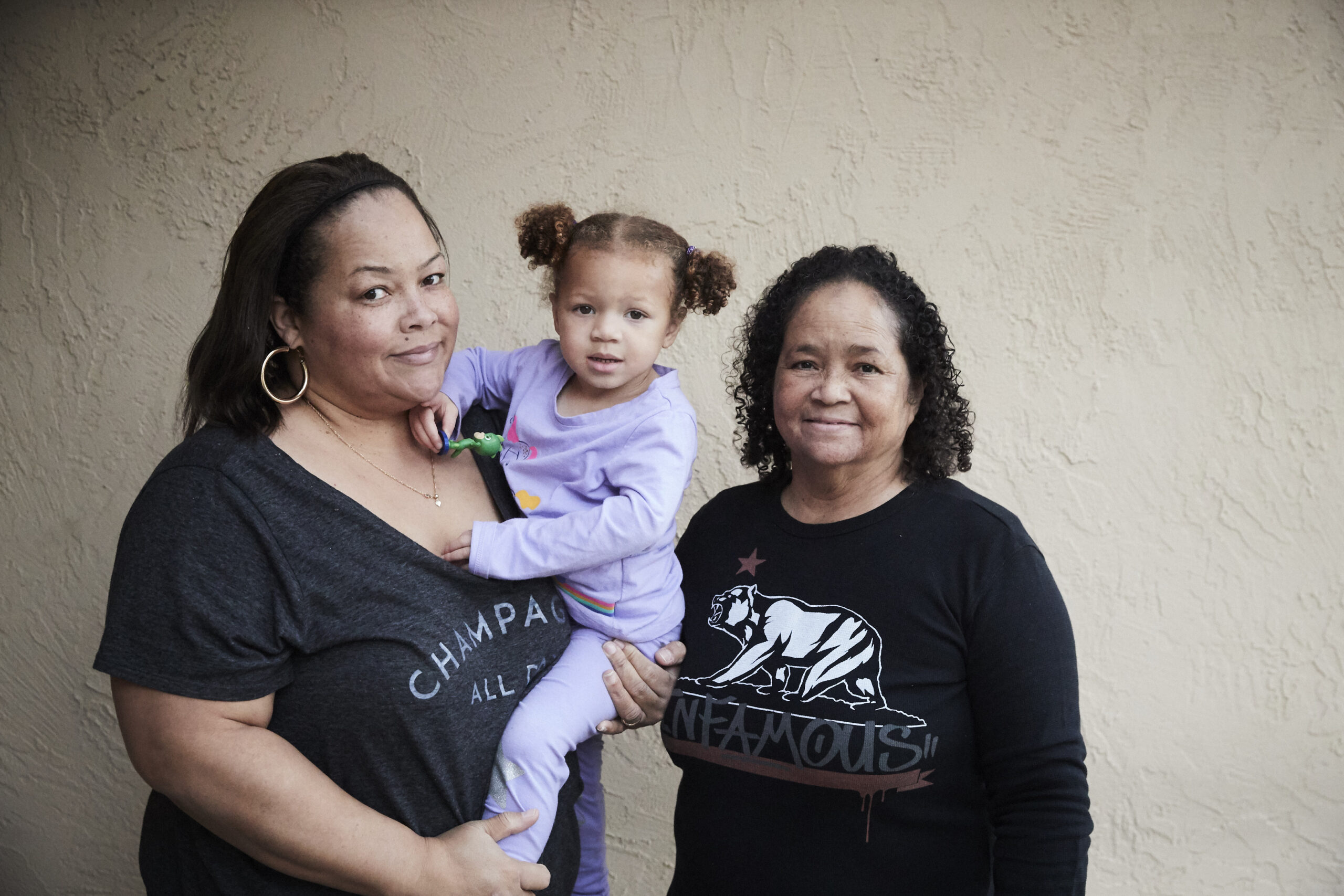
A note from Caring Across Generations’ Operations Director, Mae Singerman:
I keep hearing about people who are bored during Coronavirus and many who are lonely. We all have our struggles, but bored and lonely are not mine as I navigate caregiving for my kids (and long distance with my mom) while working from home in a small Brooklyn apartment. I write this message from a repurposed closet as my two-year-old and four-year-old play, fight and cry right outside the door, and my husband also attempts to work. I’ve been assured that amazing novels have been written in closets in New York City. Don’t tell me if that isn’t true.
I’m not complaining. There is immense privilege in my situation: two parents, able to be home and continue to be paid to work as so many people are losing their jobs.
As the Director of Operations at Caring Across Generations, a campaign fighting for sweeping policy changes to improve the lives of family caregivers, I feel a special commitment to the family caregivers on our team during this difficult and unprecedented time – some who are caring for children and aging parents.
One thing we know is that family caregivers hold this whole damn planet together. We work hard all the time and we won’t stop because of a new challenge like a deadly virus. We are used to ridiculous obstacles, overcoming them and quietly moving on. We often don’t have time to complain. That said, we need support to do our work well, especially in the time of Covid-19.
Now, workplaces have an opportunity to be part of a movement that puts the dignity of workers and inclusion of diverse identities at its core. But, employers don’t always know how to do that, especially in this unprecedented moment. This is some of Caring Across Generations best thinking on creating a workplace for family caregivers to thrive.
For employers:
- Clearly and loudly communicate that everyone’s health, safety and well-being comes first – and reflect those values through your policy and your actions. Caregiving is a collective responsibility. This is true always, but especially now.
- If you live somewhere where shelter-in-place orders have not been mandated but working from home is possible, close your office and allow everyone to work from home.
- Allow employees to set their own more flexible schedule and recognize they will likely work less hours, or less focused hours, and that is ok. Highest on the list of what caregivers need are usually flexibility and the ability to have options because no family is the same, and so it’s ok not to have a one-size-fits-all approach.
- If possible, reduce workload for caregiving employees who need it.
- Offer unlimited (or greatly expanded) paid time off if your employee gets the coronavirus or if they are caregiving for someone with the virus. As long as we cannot do this as a country, it’s up to us employers to provide this basic benefit to all employees.
- If you really need a team member in a particular meeting or to do a piece of work, provide as much notice as possible so they can make contingency plans.
- If your employee tells you they need a day off or space, don’t make them prove why or make them tell you the story of why to get the time.
- Provide tools and technologies to make working from home easier, and create optional creative ways and outlets to support staff. Keep your team connected by setting up online “water cooler” moments like a “meet the pets of your company” party, an easy exercise class, or watching a funny video and discussing it.
For employees:
- Give yourself a break as you figure out your new routine, which can be especially difficult for young children, or when caregiving for adults with a condition like dementia, autism, or Down Syndrome who thrive best with a daily routine.
- Your new routine might involve working earlier or later than normal, or taking time in the middle of the day for caregiving.
- Be honest with your supervisor about what you can do. If you really can’t make those daily 4pm meetings anymore, ask to shift the time or figure out if it is necessary for you to be on the call. Creating a culture of care goes both ways and begins with candor.
- Be open with your colleagues about what you can do and try to focus on the work that is directly within your responsibility. Don’t overcommit as it could fray trust with colleagues if you aren’t able to meet your commitments.
- Update your calendar or away message with the times you are working to keep colleagues aware of your schedule.
These are suggestions based on how we are operating at Caring Across Generations. If you have questions, please reach out to us via Facebook, Twitter, or email info@caringacross.org to let us know what other questions/concerns you might have.